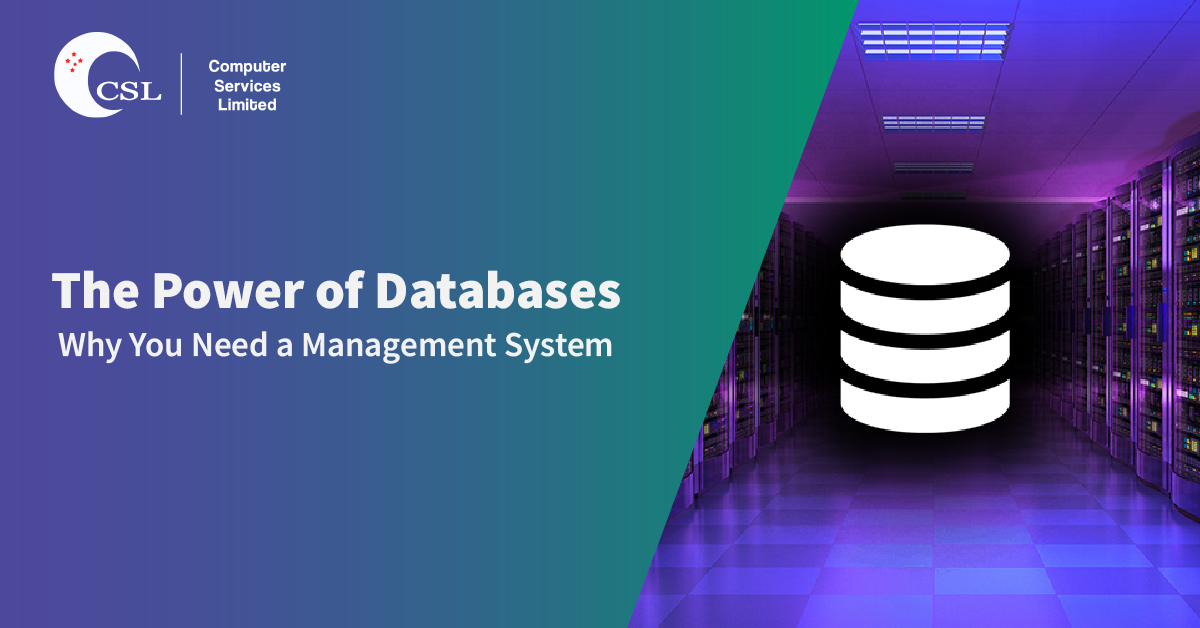In the digital age, data is king. From small businesses to multinational corporations, the ability to efficiently store, organize, and retrieve data is essential for success. This is where a database management system (DBMS) comes into play. In this blog post, we’ll explore why having a database management system is crucial for businesses and individuals alike.
Centralized Data Storage
One of the primary reasons why you need a database management system is centralized data storage. Instead of scattered spreadsheets, documents, or files stored across multiple locations, a DBMS allows you to store all your data in a single, centralized location. This makes it easier to access, manage, and update data, leading to improved efficiency and productivity.
Data Organization and Structure
A DBMS provides a structured framework for organizing your data. With features such as tables, rows, and columns, you can categorize and label your data in a way that makes sense for your business or project. This structured approach not only makes it easier to find and retrieve specific pieces of information but also facilitates data analysis and reporting.
Data Integrity and Security
Data integrity and security are paramount concerns for any organization. A DBMS offers built-in mechanisms for maintaining data integrity, ensuring that data remains accurate, consistent, and reliable over time. Additionally, most modern DBMSs include robust security features, such as user authentication, encryption, and access controls, to protect sensitive data from unauthorized access or tampering.
Scalability and Performance
As your business grows and evolves, so does your data. A DBMS provides scalability, allowing you to seamlessly handle increasing volumes of data without sacrificing performance. Whether you’re dealing with thousands or millions of records, a well-designed database can efficiently process queries and transactions, ensuring that your applications remain responsive and reliable even under heavy load.
Collaboration and Accessibility
A DBMS facilitates collaboration by providing multiple users with simultaneous access to the same dataset. Whether your team is located in the same office or spread across the globe, a centralized database ensures that everyone is working with the most up-to-date information. Additionally, many DBMSs offer web-based interfaces or cloud-based solutions, enabling users to access data from anywhere with an internet connection, further enhancing collaboration and accessibility.
In conclusion, a database management system is more than just a tool for storing data; it’s a fundamental component of modern business operations. By providing centralized data storage, organization, integrity, security, scalability, performance, analysis, and collaboration, a DBMS empowers businesses and individuals to harness the power of data to drive growth, innovation, and success. So if you haven’t already implemented a database management system, now is the time to do so and unlock the full potential of your data.


